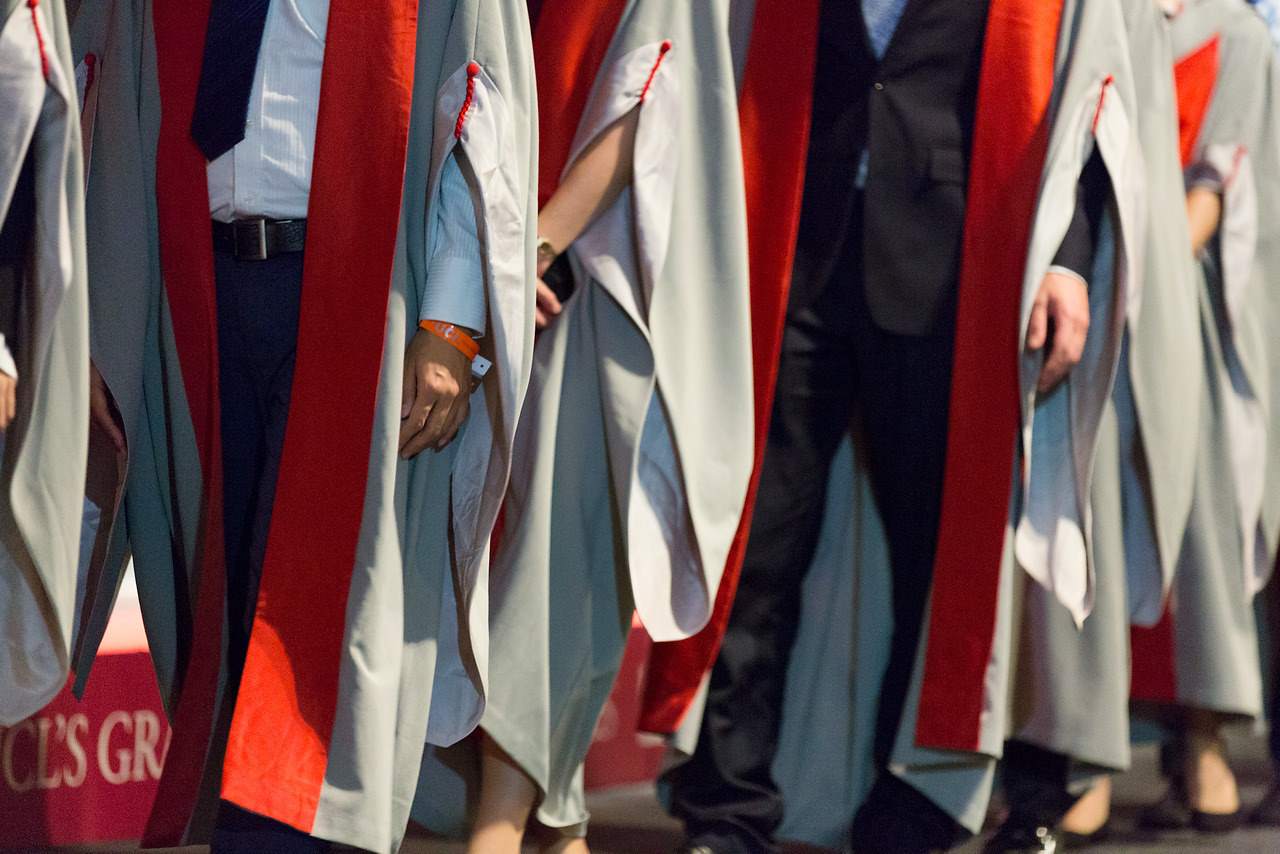The heterogeneity of the graduate labour market in UK and Europe

The aim of this project was to investigate how graduate jobs and the underemployment of college graduates are distributed across countries, and to study recent trends in the dispersion of returns to higher education.
About this project
Recent decades have witnessed a massification of higher education, with participation increasing in almost all countries throughout all regions of the world. Labour forces have never been better trained and the trend towards higher average levels of education is not going to abate.
Even if participation were to remain stable, an unlikely scenario, the stock of graduates in the labour force would rise as the inflow of young, highly-educated workers replace less-educated retiring workers. The juxtaposition of this growing supply with an uncertain future for high-skills demand in the labour market forms the backdrop for this project.
This project will study the deployment of college graduates in employment, the distribution of graduate jobs, and returns to graduation in the UK and across European countries. In particular, the project will focus on the dispersion of returns among different groups, and how this dispersion is changing over time, following the widespread rapid growth of participation in higher education. While the focus is international, the position of the UK will be compared with similar countries.
Conventional econometric methods will be used to analyse secondary data from national and international sources. The data will at a minimum cover education achievement, earned income or occupation, and basic demographic details, and will span several years so that changes can be established.
The study is motivated and framed by an institutional economics approach drawing both on educational economics and labour economics literatures, but also on sociological perspectives on education and society. We will interpret findings using a political-economic perspective.
Project methods
Econometric analyses of cross-national secondary data sources:
- European Union Statistics on Income and Living Conditions (EU-SILC) will be the primary source. It includes cross-sectional and longitudinal microdata on income, economic circumstances and socio-demographic characteristics for all EU28 members, Norway and Switzerland.
- Complemented by data from the European Labour Force Survey (EU-LFS), which collects rich microdata on demographic background, employment status and employment characteristics as well as education and training for the population in private households in all EU member states.
Differentiation in the college wage premium will be studied through the use of quantile regression (where effects are differentiated by the unobserved variable effects), by comparing across subgroups (defined by time elapsed since graduation, socio-economic background, demographic characteristics), and by examining wage penalties associated with the under-employment of graduates in non-graduate jobs.
To measure underemployment, we deploy a previously validated statistical method for classifying ‘graduate jobs’. The classifier is based on skills use from work task data drawing on information in the OECD Survey of Adult Skills. We have shown in earlier research that this classifier predicts graduate earnings, job satisfaction and opportunities for career progression better than hitherto existing methods.
Presuming we can find suitable variables that influence the decision to participate in higher education without also directly changing individuals’ earning potentials, we shall investigate conceivable instrumental variables (IV) strategies.
However, IV estimation methods estimate ‘local average treatment effects’ rather than population average treatment effects. Their value may thus be reduced when it comes to studying dispersion. In some data sets, background controls are relatively rich, and these may be able to tell us the extent of any biases in cases where these controls are not present.
Team
Publications
CGHE working papers
- Graduates and ‘Graduate Jobs’ in Europe: A Picture of Growth and Diversification (Working Paper 25, Francis Green and Golo Henseke, August 2017)
Additional publications
- Green. F. and Henseke, G. (submitted) Europe’s Evolving Graduate Labour Markets: Supply, Demand, Underemployment and Pay
- Henseke, G. and Green. F. (submitted) The rising value of interpersonal job tasks for graduate pay in Europe.
- Green, F. and G. Henseke (in press, 2020) Graduate Employment and Under-Employment:Trends and Prospects in C. Callender, W. Locke and S. Marginson (eds), Changing Higher Education for a Changing World. London, Bloomsbury.
- Henseke, G. (2018). Against the Grain? Assessing Graduate Labour Market Trends in Germany Through a Task-Based Indicator of Graduate Jobs. Social Indicators Research, 41:809-840.
- Henseke, G. and F. Green (2017) “Cross-national Deployment of “Graduate Jobs”: Analysis Using a New Indicator Based on High Skills Use”. Research In Labor Economics. Skill Mismatch in Labour Markets, 45:41-79.
- Henseke, G. and F. Green (2016), “Graduate Jobs” in OECD Countries: Analysis Using A New Indicator Based on High Skills Use”, OECD Education Working Papers, No. 144, OECD Publishing, Paris.
- Green, F. and G. Henseke (2016). “The Changing Graduate Labour Market: Analysis Using a New Indicator of Graduate Jobs”. IZA Journal of Labor Policy, 5:14. OA.
- Green, F. and G. Henseke (2016) “Should governments of OECD countries worry about graduate underemployment?” Oxford Review of Economic Policy. 32(4): 514-537.
- ‘Graduate Jobs’ in OECD Countries: Analysis Using A New Indicator Based on High Skills Use,
OECD Education Working Papers, No. 144, OECD Publishing, Paris, 2016 - ‘The Recent Trend for “Graduate Jobs”, Using a New Indicator’
Graduate Market Trends, Spring 2015
Other outputs
- Graduates and ‘graduate jobs’ in Europe: a picture of growth and diversification
Keynote at CGHE annual conference, March 2017 - Graduate labour market trends in Germany
Seminar at the Federal Institute for Vocational Education, November 2016 - Graduate jobs
Workshop at Warwick Institute for Employment, November 2016




